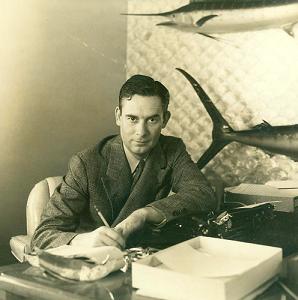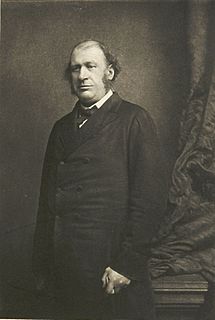A Quote by Plato
And when one of them meets the other half, the actual half of himself, whether he be a lover of youth or a lover of another sort, the pair are lost in an amazement of love and friendship and intimacy and one will not be out of the other's sight, as I may say, even for a moment.
Related Quotes
Pleasure and pain at once register upon the lover, inasmuch as the desirability of the love object derives, in part, from its lack. To whom is it lacking? To the lover. If we follow the trajectory of eros we consistently find it tracing out this same route: it moves out from the lover toward the beloved, then ricochets back to the lover himself and the hole in him, unnoticed before. Who is the subject of most love poems? Not the beloved. It is that hole.
The inspired moment may sometimes be described as a kind of hallucinatory state of mind: one half of the personality emotes and dictates while the other half listens and notates. The half that listens has better look the other way, had better simulate a half attention only, for the half that dictates is easily disgruntled and avenges itself for too close inspection by fading entirely away.
When a person meets the half that is his very own, whatever his orientation, whether it's to young men or not, then something wonderful happens: the two are struck from their senses by love, by a sense of belonging to one another, and by desire, and they don't want to be separated from one another, not even for a moment.
And so, when a person meets the half that is his very own, whatever his orientation, whether it's to young men or not, then something wonderful happens: the two are struck from their senses by love, by a sense of belonging to one another, and by desire, and they don't want to be separated from one another, not even for a moment.
Isn't it possible, he wondered, for one person to love another without trying to own each other? Or is that buried so deep in our genes that we can never get it out? Territoriality. My wife. My friend. My lover. My outrageous and annoying computer personality who's about to be shut off at the behest of a half-crazy girl with OCD on a planet that I never heard of and how will I live without [her] when she's gone?
Technology is seductive when what it offers meets our human vulnerabilities. And as it turns out, we are very vulnerable indeed. We are lonely but fearful of intimacy. Digital connections and the sociable robot may offer the illusion of companionship without the demands of friendship. Our networked life allows us to hide from each other, even as we are tethered to each other. We’d rather text than talk.
He who is himself crossed in love is able from time to time to master his passion, for he is not the creature but the creator of his own misery; and if a lover is unable to control his passion, he at least knows that he is himself to blame for his sufferings. But he who is loved without reciprocating that love is lost beyond redemption, for it is not in his power to set a limit to that other's passion, to keep it within bounds, and the strongest will is reduced to impotence in the face of another's desire.
To try to regulate the internal affairs of a family, the relations of love or friendship, or many other things of the same sort, by law or by the coercion of public opinion, is like trying to pull an eyelash out of a man's eye with a pair of tongs. They may put out the eye, but they will never get hold of the eyelash
And then the sly arch-lover that he was, he said the subtlest thing of all: that the lover was nearer the divine than the beloved; for the god was in the one but not in the other - perhaps the tenderest, most mocking thought that ever was thought, and source of all the guile and secret bliss the lover knows.







































